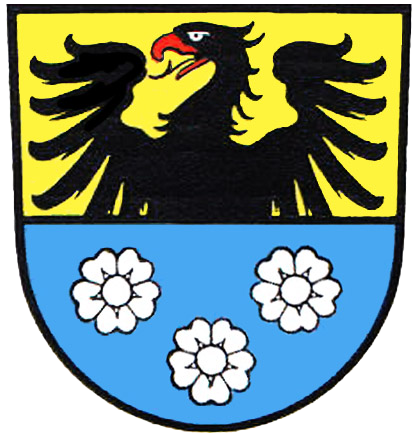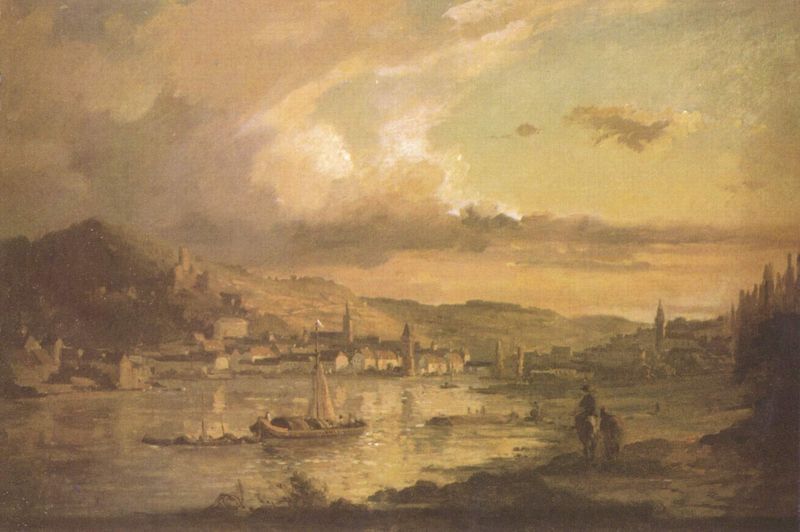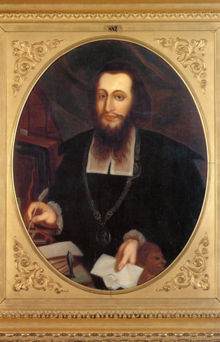
Welcome
Приветствовать
ברוך הבא
to the Wertheimer family pages
We hope that you enjoy our pages about all things Wertheimer.
This site includes stories of family members, and non-family members, data, pictures and information about the places these families came from, lived, or passed through.
Наслаждайтесь нашими страницами обо всех вещах Гробштейн. Они включают истории семьи, истории индивидуальных членов семьи, информация относительно мест наша семья приехала от и жила.
Enjoy our Wertheimer family site!
наслаждайтесь нашей семейной группой Вертгеймер!
An introductory guide on how to navigate this site, and find specific information, is available on Page 2.
An introductory explanation of the origins of Jewish last names, taken from Origins of Jewish Last Names in Turov, by Leonid Smilovitsky, PhD, The Goldstein-Goren Diaspora Research Center of Tel Aviv University אוניברסיטת תל־אביב, is available on Page 3.
More information on the origins of Jewish names, both surnames and given names, is available on Names - All About Them , on Jewish Web Index.

The name Wertheimer, probably comes from Wertheim am Main in Baden-Württemberg, southwestern Germany.
Wertheim is the most northerly town in the state of Baden-Württemberg.
Wertheim is situated on the delta of the river Tauber flowing into the river Main.
Wertheim borders on the Odenwald and the Spessart to the north across the river Main.
Wertheim is known for its wine, castle and medieval town centre.
Wertheim was founded between the 7th and 8th century. The first settlement was a town called Kreutzwertheim on the right of the river Main.
From the early 12th century onwards, a branch of the noble family of the Reginbodons named themselves after the town. After the family of the earls of Wertheim had built a castle on the left bank of the river Main, a settlement, called Wertheim, developed at the foot of the dominating landmark. In 770,it was mentioned for the first time, and in 1192, the village was referred to as "Suburbium castri Wertheim" and in 1200 the town is called “oppidium” and 1244 “civitas”.
In addition to the Burg (castle) Wertheim, the landmark of the town, Wertheim has a medieval town center with half-timbered houses and small streets, an a church (Stifskirche), Gothic style architecture, that has existed since 1383.
Durbach, a town in the district of Ortenau in Baden-Württemberg, Germany, was home to several generations of Wertheimers.
In Hebrew, the name is usually spelled ורטהיימר, but gravestones found in places like Lipany, Slovakia, have spelled the name ווערטהיימער, which is probably the Yiddish variation. Hebrew uses no vowel to indicate the spelling of the first vowel, which may account for spelling differences, like, Wertheimer, Wirthimer, Würtheimer.
Because the family name was derived from a place, there are also variations, like, De Wertheimer and Von Wertheimer, as well as, simply, Wertheim.

According to Infobank Judengassse Frankfurt am Main there were several Wertheim families in Frankfurt, who all originated from Wertheim am Main. the most famous Wertheimer family, also known as Wertheimber, descended from the famous imperial court factor and chief rabbi, Samson Wertheimer, who lived in Wien Vienna from 1684 to 1742.
Rabbi Samson Wertheimer was the son of Joseph Josel Wertheimer.
Samson Wertheimer was called 'Rabbi of Prague and Bohemia', given the title of 'Rabbi of Hebron and Safed'.
He built a house and synagogue,in Eisenstadt, called "Samson's Schule." He helped in establishing about forty congregations in Hungary, and he founded and endowed a Talmudical school, in Frankfurt am Main, that was headed by his son-in-law, Moses Kann.
By the marriages of his children, Samson Wertheimer became connected with the most prominent families of Austria and Germany.
His stepson, Isaac Nathan Oppenheimer, married a daughter of the wealthy purveyor Pösing; his eldest son, Wolf, married a daughter of Emanuel Oppenheimer. Wolf was an active agent in his father's financial transactions, and he too was a court factor. The family established two foundations, one in Wien Vienna and the other in Jerusalem, that keep alive the name of Wertheimer. Samson's second son, Löb, married a daughter of Issachar ha-Levi Bermann of Halberstadt, a relative of Leffman Behrens, court Jew of Hanover; thus the three great "shetadlanin" were closely connected.
Samson's sons-in-law were:
Rabbi Moses Kann, of Frankfurt am Main;
Issac bar (son of) Berush Eskeles, father of the Viennese banker Bernhard Eskeles;
Joseph, son of Rabbi David Oppenheimer;
Seligmann Berend Kohn, called 'Solomon of Hamburg'. His youngest son, Joseph Josel Wertheimer, married a daughter of his stepbrother, Wolf.
Although the story of the Wertheimer family goes back several hundred years to Yosef Yosel Wertheimer, and his son, Rabbi Samson Wertheimer, we have been able to trace our Wertheimer roots back only a few generations to Wien (Vienna) and Galicia.
Some of our Wertheimer family emigrated to North America, some stayed in Europe, and some emmigrated to Israel, unfortunately, we have not been able to locate them all. If you are a relative, or if you know of a Wertheimer who is not yet included in our pages, please let us know.
 Send e-mail to:
Send e-mail to: